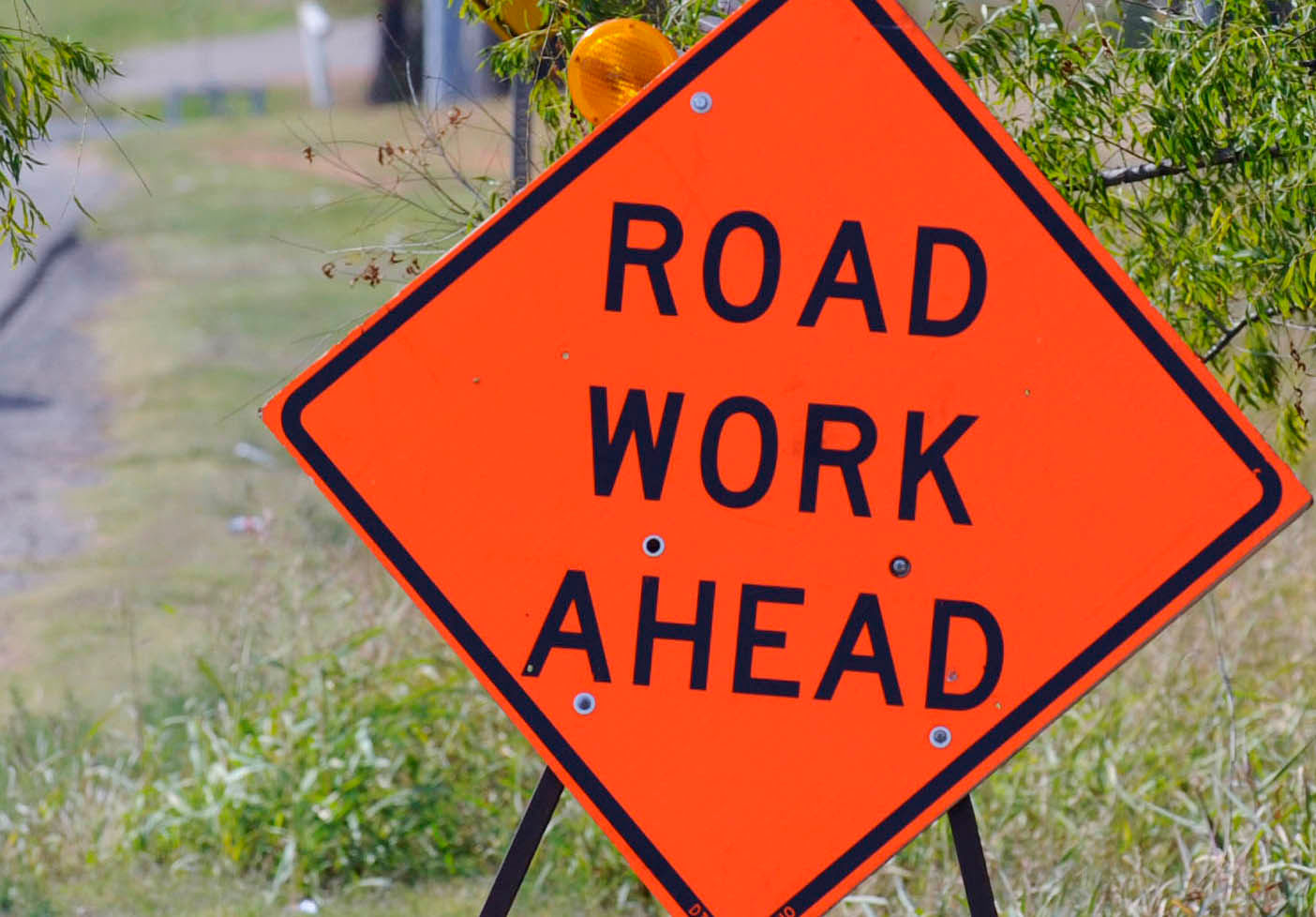I was driving to Target the other day and ran into construction. Road work was being done on the frontage road I was traveling on and traffic was redirected onto a temporary gravel path to loop around the construction.
When I got back to the original road, I was greeted by a big orange “Road Work Ends” sign. However, just a hundred feet away there was another orange sign that said “Road Work Ahead.” I laughed at the irony of having the two construction projects (and their signs) so close together. After all, it hardly seemed necessary to have any signs distinguishing the few feet of roadway that wasn’t under construction.
As I drove down the road thinking about this, a thought crossed my mind:
Everyone benefits from breaking big projects down into smaller projects.
In fact, I use this skill all the time at home and at work.
One example that immediately comes to mind is biking up a hill. When my kids were first learning to ride a bike, we’d get to a hill, they’d quickly size it up and then they’d freak out. Naturally, I trained them to understand that once they saw a hill, they needed to quickly assess it, and then look down just a few feet in front of them. I told them to think of a song…pedal to the beat…and repeat this until they got to the top. The goal, of course, was for them to maintain the cadence and avoid getting overwhelmed.
I use a similar framework at work too. If I have a project that’s going to take months to complete, I simply break it down into phases and achievable tasks. I give myself deadlines for each phase, and make myself accountable by scheduling meetings with stakeholders at the different phases to create a timeline of deadlines. This also adds recurring urgency and helps me avoid procrastination that might otherwise occur.
I’m guessing none of this was considered by the Department of Transportation on the road construction projects. It was probably a result of two independent projects that just happened to be on the same road at the same time, but my reflection on this technique was beneficial to me. I realized my own “Road Work Ends. Road Work Begins.” experience has allowed me to tackle projects I would’ve never had the courage to tackle without it.
What about you? Are there any big to-do’s on your horizon where you could apply this same approach?





